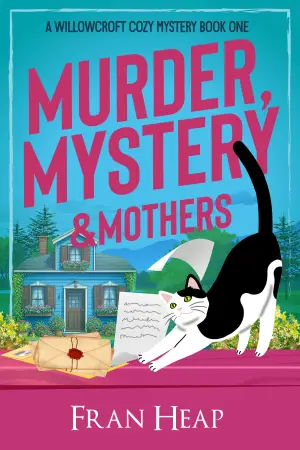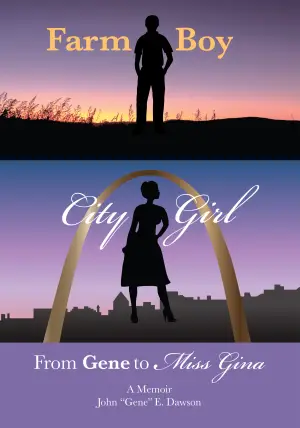Scythe by Neal Shusterman: A Glimpse Into Immortality’s Dark Side
When I first picked up Scythe by Neal Shusterman, I was looking for an engaging YA novel to dive into, but what I found was so much more—a profound exploration of morality, power, and the human condition. Set in a chilling future where humanity has triumphed over death yet struggles with the very concept of life, Shusterman’s debut into the Arc of a Scythe series had me questioning not only the society he created but my own beliefs as well.
In this meticulously crafted world, wherein diseases, war, and hunger are relics of the past, the role of Scythes emerges as humanity’s necessary evil. They are the appointed individuals tasked with “gleaning” lives to keep the population in check. This thought-provoking premise introduces us to Citra and Rowan, two teens thrust into the frightening apprenticeship of a Scythe—a position neither desires. As they navigate the morally gray waters of life and death, we watch them grapple with their identities, ethics, and their place in this seemingly perfect society.
What struck me most about Scythe is how deftly Shusterman blends philosophical themes with a fast-paced narrative. His writing is both accessible and layered, making it suitable for younger readers while still leaving older audiences reflecting long after the last page. The book begins each chapter with journal entries from Scythes, adding depth and perspective that elegantly juxtapose Citra and Rowan’s experiences. As one reviewer noted, "the world feels very well developed and interesting to think about," and I couldn’t agree more. These glimpses into the thoughts and justifications of various Scythes reveal much about the complexities of humanity, questioning whether morality can exist in a system predicated on death.
The pacing is exhilarating, drawing readers in with a series of twists and turns that keep you on the edge of your seat. It’s the kind of book you can easily devour in a single sitting, as I did. As Citra and Rowan are faced with increasingly difficult decisions, you can’t help but contemplate the price of perfection—a theme that resonates today as we grapple with our own societal challenges.
Reflections from fellow readers resonated with me, especially the sentiment that Scythe challenges our preconceptions of good and evil. Teresa mentioned how the "system, personalities, and moral conundrums are fascinating," and I found myself echoing that sentiment in my own thoughts as the narrative progressed.
In conclusion, I wholeheartedly recommend Scythe to anyone who appreciates dystopian narratives layered with ethical dilemmas. It’s a gripping ride that will keep you questioning what it means to truly live. Whether you’re a newcomer to the genre or a seasoned reader, Shusterman’s work will leave a lasting impact. As I look ahead to the sequels, I can hardly wait to delve deeper into the intricacies of this captivating world. If you’re ready for a read that is both thought-provoking and action-packed, then Scythe might just be your next great adventure!












